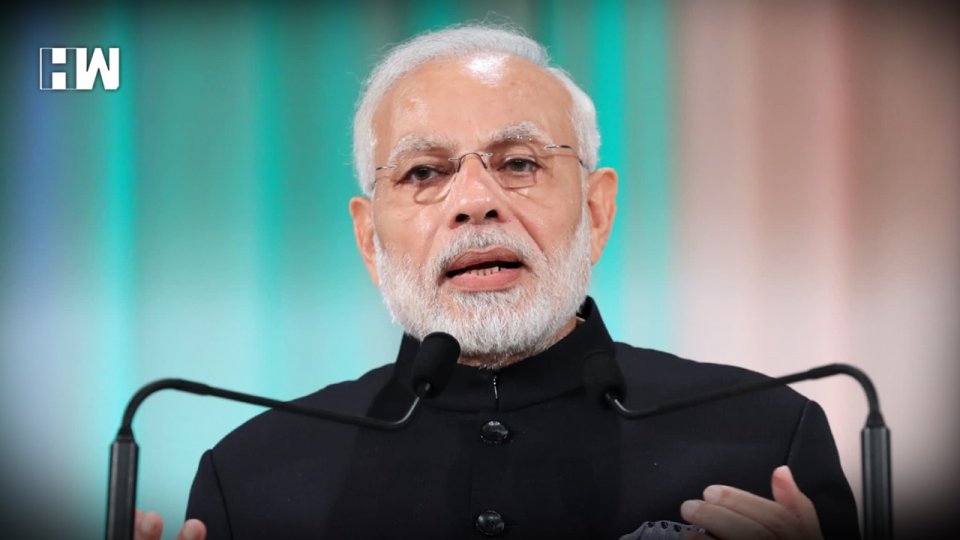The ongoing bitter fued for the takeover of Essar Steel by Arcelor Mittal, through the insolvency proceedings at the NCLT, is a classic case of how resourceful and influential litigants, with little respect for the law or for written contracts, can derail the entire judicial system, seeking illegimate gains out of it. After the most surprising and untenable judgement of the NCLAT, whereby the basic rights of secured lenders were shockingly compromised, this case now awaits disposal before the Supreme Court. This is incidentally the second time that this case has reached the Supreme Court, to decide on some point of law. It is pertinent to note that as per the Insolvency Bankruptcy code, this case was to be decided within 270 days and it is yet doing round of courts since almost a thousand days, with no final resolution yet to be achieved. Unfortunately, as long as litigants have the deep pockets to engage lawyers and litigate further, courts seem to be open to such dishonest litigation.
If the Indian courts are clogged today with over 3.50 crore cases and the backlog of pending cases only keeps rising year after year, it is due to a number of reasons, which include the government being the biggest litigant, which files the most frivolous cases and yet pursues them endlessly, resourceful and devious litigants who use the delays in the judiciary for unjust enrichment and to harass others, an insensitive judiciary with a slow disposal of cases and the lawyers who benefit immensely by not letting cases be settled for unending years. So pathetic is the faith of the common man in the judiciary’s ability to give timely justice that in the last decade, the number of civil disputes filed in courts have fallen and that is because court proceedings are expensive, uncertain and generally yield no satisfactory result. It is due to this that the unscrupulous ones do not respect and honour contracts, and violate the law, aware of the limitations of the small litigants.
The Economic Survey (ES) 2019, states the obvious that economic success and prosperity of a nation are closely linked to its ability to enforce contracts and resolve disputes. India’s slow moving judiciary not only erodes the country’s ease of doing business, but is also an obstacle in its economic growth and progress, and in that, even the government has played a major role. The government is the biggest litigant, which senselessly files cases, despite the fact that it tends to lose most of them, a matter pointed out by last year’s ES with concern, with particular reference to the tax litigation unleashed by the Income Tax Department. The government’s administration culture is such that a babu prefers to file cases, even when it is clear that they are untenable, to avoid being accused of ulterior motives and corruption. Let the court decide is the safest option for a babu, than close a case on his own and that results in untold harassment for citizens and companies, due to unending and expensive litigation. There is no accountability sought of the babus, where the cases filed are bogus and specious, despite the government losing a majority of its cases. It is this kind of litigation, stuck in courts for years that is a hindrance to ease of doing business. No wonder, in the matter of honouring contracts India ranks a lowly 164 among the 190 nations ranked by the World Bank, and in it, the government’s track record is perhaps the worst.
This year’s economic survey has again expressed concern over this problem and come up with a number of suggestions to reduce the delays in the judiciary, which include reducing the number of court holidays, appointing more judges and improving the administration of courts to speed up the disposal of cases. For example if you consider the long official holidays of the Supreme Court, it works only for 190 days in a year. But these are a superficial suggestions. To us, the solution lies in the government reducing the filing of cases at the very inception and punishing babus for filing frivolous cases, the courts being sensitive to the hardship that litigation causes and disposing cases within strict timelines and punishing those who abuse the process of law, ensuring that cases related to breach of contracts are disposed of at the earliest, formalise plea bargaining and alternate modes of dispute resolution such as arbitration and mediation, so that disputes do not reach courts. The system needs to discourage multiple and overlapping litigation by the influential sections of society, or else India will be a society of derailed justice, and a failed economy.
As an independent media platform, we do not take advertisements from governments and corporate houses. It is you, our readers, who have supported us on our journey to do honest and unbiased journalism. Please contribute, so that we can continue to do the same in future.

